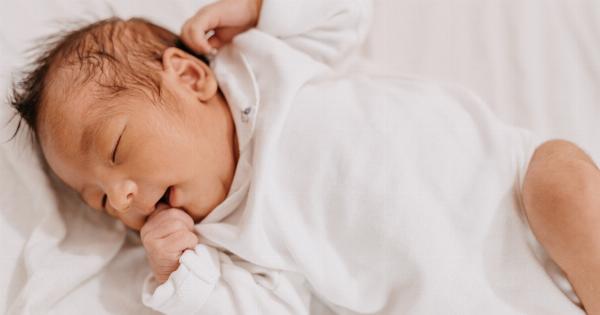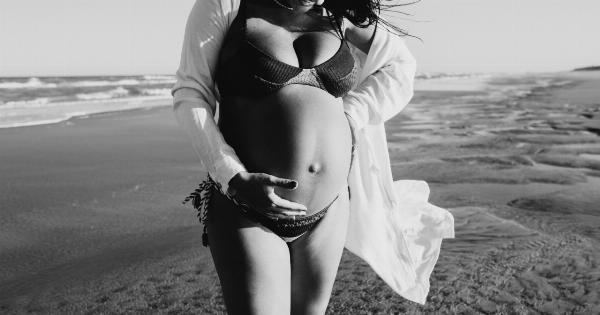As parents, it can be distressing to see your baby girl feeling unwell. It’s important to be able to recognize the signs that indicate your little one is not feeling her best.
By paying attention to her behavior, body language, and other subtle cues, you can quickly identify when something is bothering her and take appropriate measures to provide comfort and care.
1. Changes in Sleeping Patterns
One of the first signs that your baby girl may not be feeling her best is a disruption in her usual sleep patterns. If she is having trouble falling asleep or staying asleep, it could be due to discomfort or pain.
Take note of any unusual fussiness, frequent waking, or excessive crying during naptime or bedtime.
2. Decreased Appetite
If your baby girl is not showing her usual enthusiasm for feeding or is suddenly refusing to eat altogether, it’s worth investigating further. A decrease in appetite can indicate illness, digestive issues, or discomfort.
Monitor her intake and consult with her pediatrician if you have concerns about her nutrition.
3. Irritability and Restlessness
When your baby girl is feeling unwell, you may notice a marked increase in irritability and restlessness. She might become easily agitated, have trouble calming down, or be more clingy than usual.
These behavior changes are often indicators that she is uncomfortable or in pain.
4. Unusual Crying Patterns
While babies cry for various reasons, it’s important to pay attention to any changes in your baby girl’s crying patterns.
If she is crying excessively, inconsolably, or in a different manner from her usual cries, it could be a sign that something is amiss. Trust your intuition as a parent and seek medical advice if necessary.
5. Fever and Elevated Body Temperature
A higher than normal body temperature is often an indication that your baby girl’s body is fighting off an infection or illness.
Use a thermometer to check if she has a fever and consult her pediatrician on the appropriate course of action, especially if the fever persists or is accompanied by other worrying symptoms.
6. Changes in Bowel Movements
Monitoring your baby girl’s bowel movements can provide valuable insights into her well-being. Sudden changes in consistency, frequency, or color can indicate gastrointestinal distress or other health issues.
Keep track of any significant changes and share them with your pediatrician if necessary.
7. Skin Rashes or Redness
Unexplained redness, rashes, or skin irritations should always be investigated further. These symptoms could be due to allergies, eczema, dermatitis, or other underlying conditions that require medical attention.
Pay close attention to your baby girl’s skin and consult her pediatrician if you notice anything unusual.
8. Difficulty Breathing or Rapid Breathing
If your baby girl is experiencing difficulty breathing or is breathing rapidly, it’s crucial to seek immediate medical attention.
These symptoms could be indicative of respiratory issues or other serious conditions that need prompt evaluation and treatment.
9. Unusual Fatigue or Lethargy
While babies naturally need plenty of sleep and rest, unusually excessive fatigue or lethargy can be a cause for concern.
If your baby girl is excessively sleepy, lacking energy, or seeming unusually drowsy, it’s important to discuss it with her pediatrician to rule out any underlying health conditions.
10. Unexplained Discomfort or Pain
Ultimately, trust your instincts as a parent. If your baby girl seems uncomfortable or is displaying signs of pain, such as pulling at her ears, rubbing specific body parts, or arching her back, it’s essential to investigate further.
Addressing her discomfort and seeking appropriate medical attention will help ensure her well-being.




























